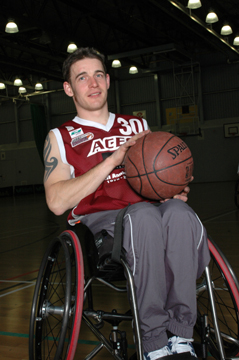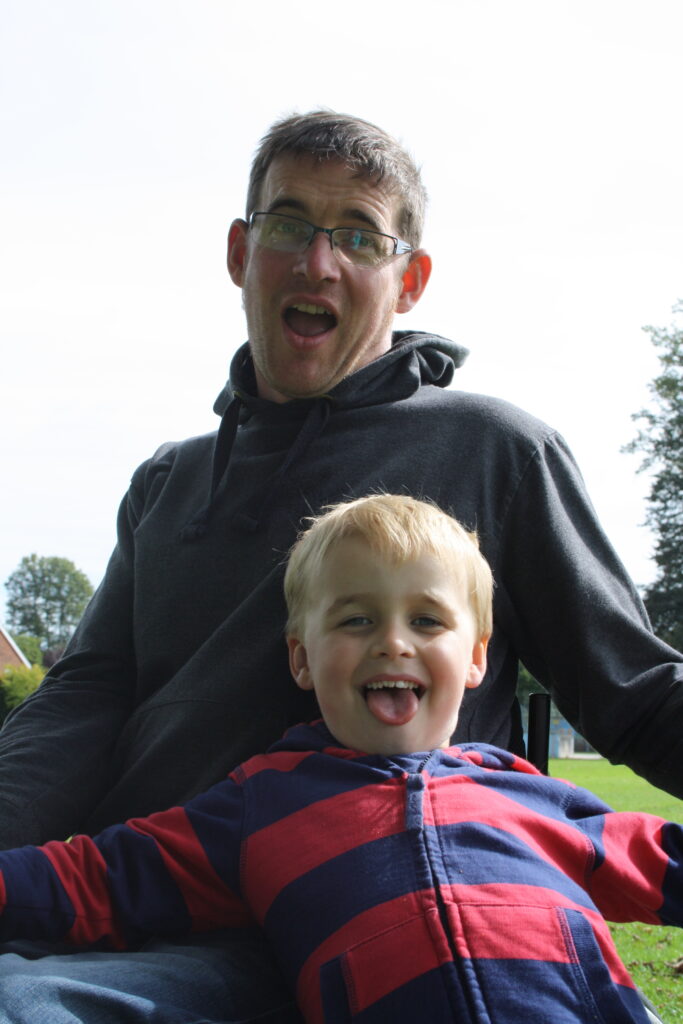The Paralympics have started. They are a series of international multi-sport events involving athletes with various disabilities. Similar to the Olympic Games, they showcase the athletic abilities of individuals with physical, sensory, or intellectual impairments.
The Paralympics have gained significant recognition and popularity over the years, promoting inclusivity, equality, and the inspiring achievements of athletes with disabilities worldwide.
I know Exactly What’s Going to Happen.
The Paralympics have just started. At the beginning or during most paralympic games, someone approaches me and asks if I’ve watched any of them. Or do I know anyone taking part? Wheelchair Rugby is a particular sport they ask about.
Now, I feel I need to set the record straight: not all Wheelchair users are Paralympians, and not all wheelchair users know or have any interest in playing or being involved with a sport. It seems to be a misconception that, just because I use a wheelchair, I automatically will enter a paralympic sport or know someone who is playing.
I know it’s only an Icebreaker.
I know people only make polite conversation, but after over 30 years and Seven Paralympic Games, I get asked the same question every four years.
Feeling Proud.
Okay, I know some players in the GB Wheelchair Rugby Team. I feel particularly proud to say I taught wheelchair skills to Gavin Walker and Daniel Kellett when they were both in rehabilitation following a spinal cord injury. Can I put my hand up to say I influenced their positive progression living with spinal injury and developed their confidence? I like to think so!
So this Friday, my son is at my mates’ house, it’s my 16th wedding anniversary, and I’m taking my wife to a local Nepalese restaurant. It’s local, so I will likely bump into someone I know. Wondering how long it will take them to bring up the Paralympics and ask if I know anyone participating.
Maybe I should have?
Maybe I should have played sports earlier and tried to join Team GB. For 12 years, I played wheelchair basketball for Aces. My local team based in Aylesbury. Starting the game about nine years after discharge from rehab, Aces seemed like the correct team to play for. I am familiar with Aylesbury due to working there, having a lifetime membership of the NSIC, and my best mate living there. Playing for Aces built my confidence and allowed me to meet peers and see some of the country. I enjoyed my time with the club, the banter, the successes, and the adrenalizing blood rushing around my body during a time-out.

It was time to leave.

Deciding to leave the club was a hard decision. My son was born in January, and the overwhelming joy I had from becoming a father is immeasurable. After some thought, I decided I didn’t want to be driving around the country at the weekend to play ‘the game’ and miss him growing up and developing. So, when the 2012/2013 season came to a close, I decided to hand my wheels up and retire.
So, Where did it all Start?
In 1948, Dr. Guttmann organized the first competition for wheelchair athletes at Stoke Mandeville Hospital. With the goal of helping and caring for injured people. The 1960 games were the ninth Stoke Mandeville Games, but they were no longer only open to war veterans and featured 400 athletes from 23 countries participating in eight sports. The games have taken place every four years since 1960.

The Paralympics Have Started
This year, the 2024 Summer Paralympics in Paris are expected to be the largest and most diverse games yet. The Paralympic Games have also introduced new sports, such as para badminton and para taekwondo in 2021. The games also include two sports unique to the Paralympics: boccia and goalball.

I’ve just remembered, there’s a couple of paralympians I taught wheelchair skills to that I’ve not mentioned – @sophiecargill and @Issybailey1